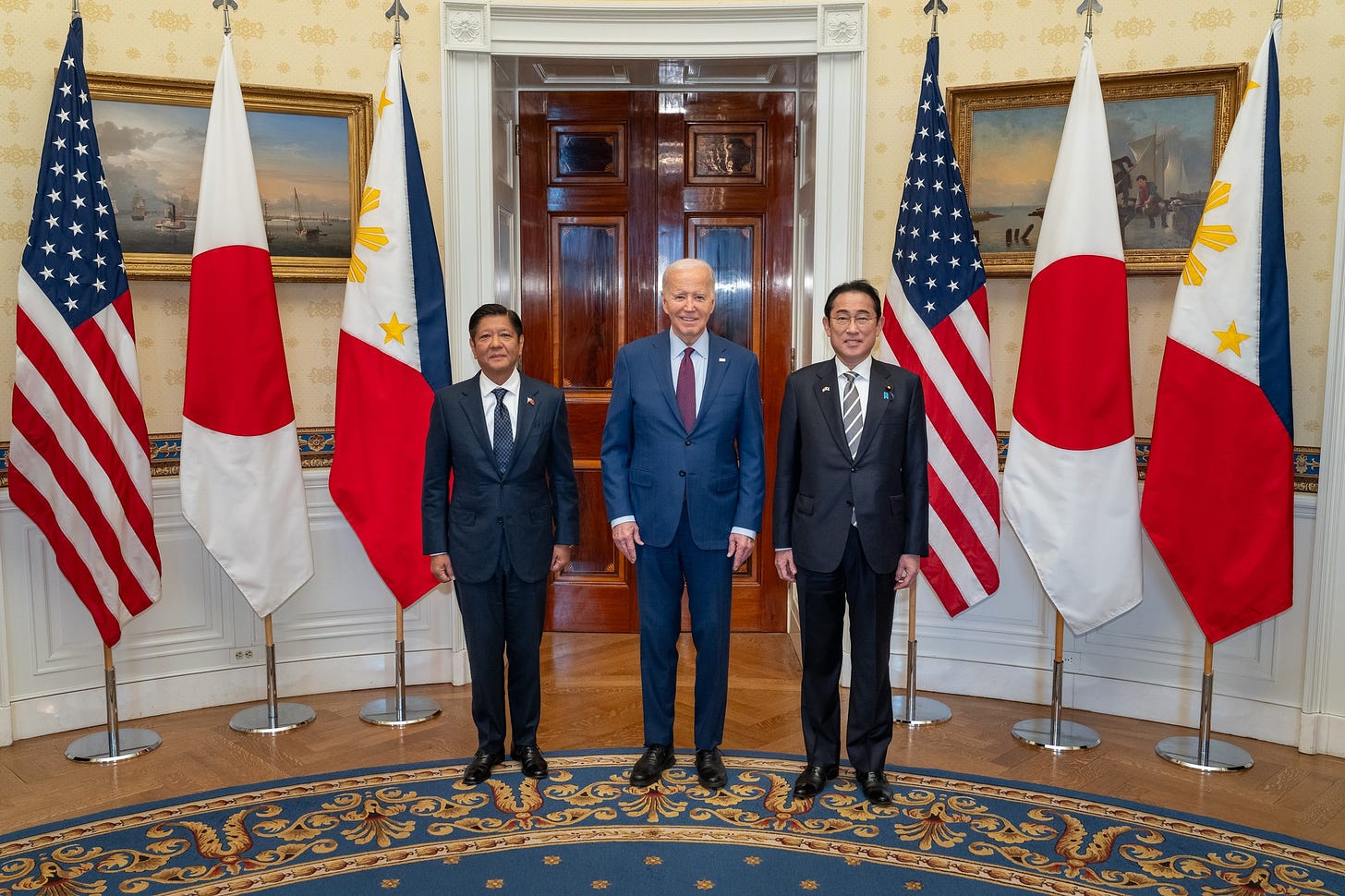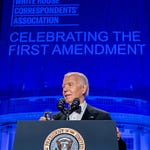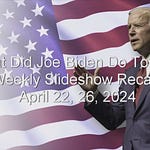The Biden-Harris Administration recently unveiled a new Department of Justice rule to bolster firearm background checks, in line with the mandates set by the Bipartisan Safer Communities Act. This regulation represents the most significant enhancement in firearm sales regulation since the 1993 Brady Bill. Its primary goal is to diminish gun violence by ensuring that fewer firearms are sold without proper background checks. The rule mandates that an increased number of gun sellers, including those previously operating without licenses at gun shows and online, must now become licensed and conduct background checks. Specifically, the DOJ rule defines certain behaviors, like repetitive sales or advertising firearms for sale, as indications that a seller must obtain a license.
The implications of this rule are substantial; it is estimated to affect over 20,000 previously unlicensed sellers and could influence tens of thousands of gun sales each year. It empowers the Bureau of Alcohol, Tobacco, Firearms and Explosives (ATF) with more robust tools to enforce gun laws and address illegal firearms trafficking. Beyond the specific rule, the Biden-Harris Administration has taken broader steps to curb gun violence, including initiating new law enforcement strike forces, implementing the first federal gun trafficking law, regulating ghost guns, and pushing for increased ATF funding and the confirmation of a permanent ATF Director.
President Biden and Vice President Harris continue to advocate for Congress to pass universal background check legislation and to approve increased funding for ATF, emphasizing the necessity of these measures in their ongoing effort to stop the illegal flow of guns and reduce gun-related violence. This new action underscores the administration's committed effort to make communities safer by tightening regulations on gun sales.
During a press teleconference, Vice President Harris addressed the need for stronger gun control measures. She emphasized the urgency of closing the "gun show loophole," which has allowed unlicensed dealers to sell guns without background checks. She announced a new rule requiring all gun dealers to conduct background checks regardless of the sales venue. The Vice President highlighted her support for the Second Amendment and reasonable gun safety laws. She concluded by urging Congress to pass comprehensive gun control legislation, including universal background checks and an assault weapons ban.
Today, key Biden-Harris Administration officials convened with advocates, including early educators, care workers, and others, to discuss the strides in enhancing affordability and quality in the care sector. This event, part of Care Workers Recognition Month, aimed to honor those driving care initiatives nationwide, covering sectors like child care and home-based services for the elderly and disabled. Following President Biden’s supportive remarks at a recent rally, the gathering featured several notable participants, such as Xavier Becerra and Neera Tanden, and spotlighted personal stories from various care sectors.
President Biden has announced his intent to nominate several individuals to key roles in his administration. Amanda S. Jacobsen is nominated as Ambassador to the Republic of Equatorial Guinea; she has extensive diplomatic experience, including roles in Botswana and Ethiopia.
Christophe Andre Tocco is nominated as Ambassador to the Islamic Republic of Mauritania, currently overseeing policy and resource management at USAID.
Shirley Sagawa is nominated for the Corporation for National and Community Service's Board; she has a long history in social policy and has served in various administrations.
Heather M. Cahoon is nominated as a trustee for the Morris K. Udall and Stewart L. Udall Foundation, bringing her expertise in Native American studies and policy.
Ashley Jay Elizabeth Poling and Ann C. Fisher are nominated to continue their roles as Commissioners of the Postal Regulatory Commission. With backgrounds in government affairs and postal services, respectively, these nominees bring a wealth of experience and expertise to their prospective positions.
The U.S. Department of State hosted a state luncheon in Washington, D.C., featuring Vice President Kamala Harris, Secretary of State Antony Blinken, and Japanese Prime Minister Kishida Fumio. Secretary Blinken highlighted the historical and contemporary bonds between the U.S. and Japan, emphasizing advancements in security cooperation, renewable energy, artificial intelligence, and quantum computing. He also noted the cultural exchanges that have influenced both nations, such as baseball and cinema.
Prime Minister Kishida reflected on his personal experiences in the U.S. and reiterated the strength of the Japan-U.S. alliance, expressing gratitude towards American leaders and acknowledging the shared commitment to global security and prosperity. Vice President Harris praised the enduring partnership, drawing on her personal connections and experiences with Japanese culture and heritage in California. She emphasized the alliance's significance to both nations' security and global roles.
Together, the leaders toasted the deepening friendship and collaboration between the U.S. and Japan, referencing historical interactions and mutual contributions to peace and innovation.
During a meeting at the White House, Presidents Biden and Ferdinand R. Marcos Jr. reaffirmed the strong alliance between the U.S. and the Philippines, emphasizing ongoing investments in the partnership. Key initiatives include the Luzon Economic Corridor, a cooperation with Japan to improve Philippine infrastructure, and substantial economic engagements such as the U.S. Trade and Development Agency's $500 million commitment to various projects.
In technology, new ventures under the CHIPS Act will expand the semiconductor sector. At the same time, the U.S. and the Philippines will also co-host the Indo-Pacific Business Forum to discuss regional economic ties. On defense, the Enhanced Defense Cooperation Agreement continues to bolster security cooperation. People-to-people ties are being strengthened through educational programs and professional exchanges, including initiatives like the Young Southeast Asian Leaders Initiative. Additionally, human rights and labor rights remain a focal point, with ongoing dialogues and support for the peace process in the Bangsamoro region, reflecting the multifaceted nature of this robust bilateral relationship.
The leaders of Japan, the Philippines, and the United States convened in Washington for their first trilateral summit, reinforcing their commitment to a free and open Indo-Pacific region based on international law and shared values such as freedom, democracy, and human rights. A series of significant agreements and initiatives were announced, highlighting areas of economic collaboration, security, technological innovation, and environmental sustainability. Notably, the Luzon Economic Corridor was launched to improve connectivity and infrastructure within the Philippines. The summit also addressed regional security concerns, particularly regarding aggressive actions in the South China Sea, and detailed plans for expanded trilateral defense exercises and maritime cooperation. Technological initiatives include the development of critical technologies like Open Radio Access Network (RAN) and efforts to advance semiconductor and clean energy supply chains. The nations are committed to enhancing clean energy transitions and developing nuclear and renewable energy technologies in response to the climate crisis. Furthermore, the leaders discussed regional and global stability, emphasizing the importance of peace in the Taiwan Strait and the Korean Peninsula, condemning North Korea's missile tests, and reaffirming support for Ukraine amid ongoing Russian aggression. The partnership aims to foster peace, stability, and prosperity in the Indo-Pacific and globally, addressing various critical contemporary challenges.
Principal Deputy National Security Advisor Jon Finer met with Colombian Acting Foreign Minister Luis Murillo at the White House to discuss the United States-Colombia High-Level Strategic Dialogue. Along with officials from the State Department, Homeland Security, and the National Security Council, they addressed cooperation on migration, peace, security, and regional developments, including Venezuela. Finer commended Colombia's efforts on migration, including new legal pathways and the extension of three Safe Mobility Offices, initiatives supporting safe and lawful migration. This meeting aimed to strengthen bilateral ties before May's upcoming High-Level Dialogue in Bogota.
President of The Philippines, Ferdinand Marcos, Jr, President Biden, Prime Minister of Japan Kishida Fumio at The White House















What Did Joe Biden Do Today?